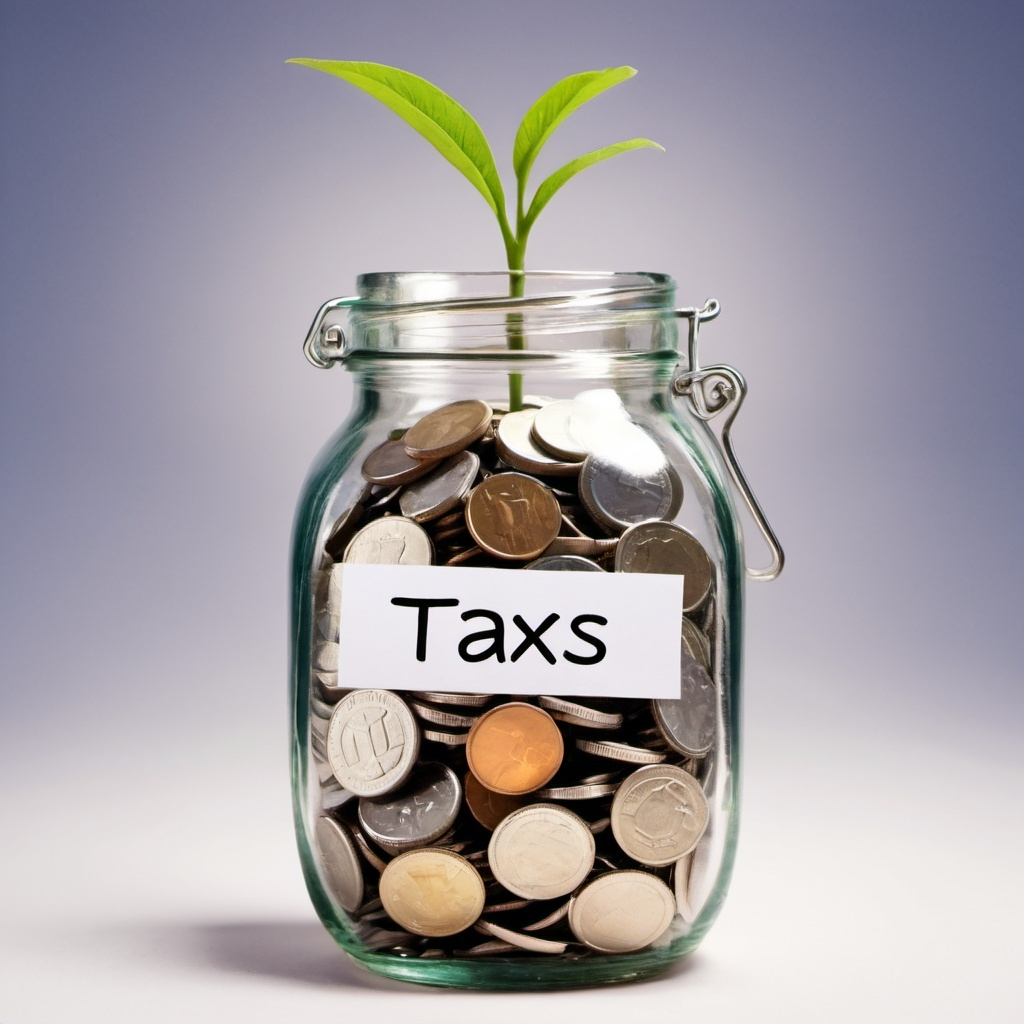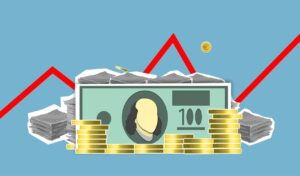Tax Tips for Small Business Owners: Save More This Year

Small business owners often feel daunted by tax season, but implementing a handful of strategic measures can alleviate this burden and allow you to retain more of your hard-earned income. Below are some practical tips that will help minimize the amount owed in taxes for the year:
- Make sure to maintain precise documentation.
Why is good record-keeping critical for efficient tax management?
Monitor Your Finances: Maintain awareness of your expenses and earnings.
Remember to have evidence for all deductions claimed before documenting them.
Simplify filing taxes by creating precise tax returns.
Organize records well to minimize the chances of being audited.
To avoid depending on a box jam-packed with receipts, opt for accounting software such as QuickBooks or Freshbooks to systematically manage your finances.
- Comprehend Your Allowable Expenses
Boost your savings by utilizing typical business deductions:
If an exclusive area of your home is utilized for business purposes, you are eligible to deduct associated costs such as utility bills, mortgage interest payments and repairs from your taxes.
Deduct ordinary and necessary expenditures, like office supplies, travel expenses, and marketing costs as your business expenses.
Costs associated with your vehicle: If you utilize your automobile for business-related purposes, two options available are to claim either the standard mileage rate or the actual expenditures as a deduction.
Being self-employed offers the chance to deduct health insurance premiums for both you and your family under Health Insurance.
Deductible retirement contributions include funds contributed towards SEP IRAs, SIMPLE IRAs, and 401(k) plans.
- Make use of Tax Credits
When it comes to reducing your tax bill, tax credits can be a more effective option than deductions. Take into account the following credits:
Credit for Research and Development (R&D): Available to businesses that invest in R&D endeavors.
The Work Opportunity Tax Credit (WOTC) is available for companies who employ people from marginalized groups, such as veterans or those residing in financially struggling areas.
By enhancing the energy efficiency of your commercial property, you can acquire Energy Efficiency Credits.
“Ensure the management of your income and expenses.”
Lowering your taxable income can be achieved by strategically timing your income and expenses.
Postpone Income: If you operate on a cash basis, think about delaying your invoices until the following year.
Speed up Expenditures: Acquire essential gear or materials prior to year-end in order to be eligible for the deduction this fiscal period.
Benefit from the Deduction of Qualified Business Income.
Qualified business income enables eligible businesses, including sole proprietorships, partnerships, S corporations and a few trusts to file for up to a 20% deduction. It is advisable that you consult with an experienced tax professional if you are unsure of your eligibility status.
Consider seeking advice from a tax expert.
Tax laws can be intricate to navigate. A professional tax specialist has the ability to assist you in this matter.
Optimize your deductions and credits.
Keep yourself informed about tax regulations.
Prevent expensive errors.
Entrusting your taxes to a professional instills tranquility and guarantees expert management of your financial affairs.
Keep yourself up-to-date with tax regulations.
To make sure you’re making the most of your deductions and credits, stay up-to-date with any changes in tax laws. You can consider subscribing to newsletters on taxes, monitoring financial news or regularly seeking advice from a professional tax advisor.
Maximize your retirement contributions to ensure you make the most of them.
By contributing to retirement plans, not only do you save for the future but also avail tax benefits.
You may contribute a maximum of 25% of your self-employment net earnings to a SEP IRA.
If you’re over 50, contribute up to $16,500 and if not then it is possible to contribute $13,500 for SIMPLE IRA.
Make contributions of up to $19,500 ($26,000 for those aged 50 and above) with the Solo 401(k).
Employ the Section 179 Deduction.
In the year of purchase or financing, Section 179 permits you to deduct the entire expenditure on qualifying equipment and software. In 2023, a maximum deduction limit of $1,050,000 is permissible along with an overall spending cap of $2,6200 thousand dollars.
Make a Quarterly Taxes plan.
To circumvent fines, small business proprietors should regularly schedule and budget for estimated quarterly tax payments. To calculate and submit these taxes in a timely manner, employ the aid of IRS Form 1040-ES.
Conclusion
In order to effectively manage taxes, it is necessary to maintain meticulous records, grasp the scope of deductions and credits available and devise a strategic plan. Employing these methods along with seeking assistance from tax experts may help reduce your taxable income while maximizing earnings. Bear in mind that saving more money should be the ultimate aim for enjoying greater benefits.
Though not as immediate and exciting as discovering a $20 bill in an old coat pocket, tax savings provide enduring advantages. Following these tactics may lead to accumulating unexpected amounts of tax savings over the long run. So keep saving happily!














Post Comment